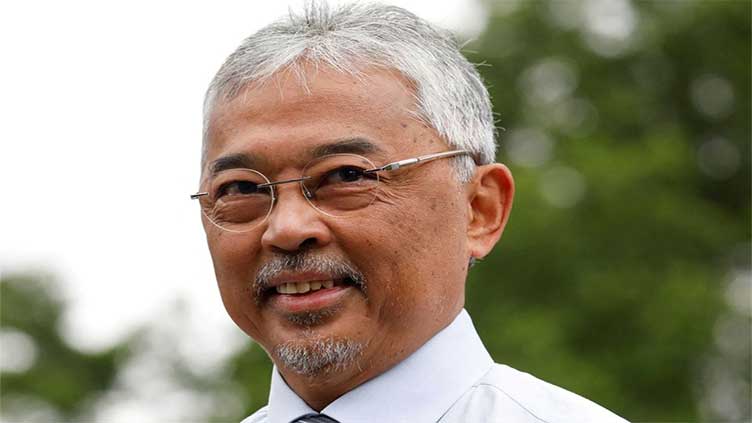KABUL -UNS : Three women and 11 men were flogged on Wednesday on the orders of an Afghan court after they were found guilty of theft and “moral crimes”, a provincial official said.
The lashings are the first to be confirmed since the Taliban’s supreme leader ordered judges this month to fully enforce Islamic law, or sharia, saying corporal punishment was obligatory for certain crimes.
Qazi Rafiullah Samim, head of information and culture for Logar province, said the lashings were not administered publicly.
“Fourteen people were given discretionary punishment, of which 11 were men and three were women,” he said, “The maximum number of lashes for anyone was 39.” Supreme leader Hibatullah Akhundzada ordered judges this month to fully enforce aspects of Islamic law that include public executions, stonings and floggings, and the amputation of limbs for thieves.
“Carefully examine the files of thieves, kidnappers and seditionists,” he said, according to the Taliban’s chief spokesman.
“Those files in which all the sharia conditions of hudud and qisas have been fulfilled, you are obliged to implement.” Hudud refers to offences for which corporal punishment is mandated, while qisas translates as “retaliation in kind” — effectively an eye for an eye.
Social media has been awash for months with videos and pictures of Taliban fighters meting out summary floggings to people accused of various offences. However, this is the first time that officials have confirmed such punishment ordered by a court.Other countries have been scrutinising the Taliban’s track record on human rights and women’s rights since they took over in August 2021 after a two-decade insurgency.
No foreign government has formally recognised the Taliban’s administration and many have already heavily criticised its reversal on signals they would open secondary schools nationwide for girls in March.
Hundreds of loudspeakers have been installed in the Afghan capital to encourage worshippers to attend prayers, the Taliban’s religious enforcers said on Wednesday.
The Ministry for the Promotion of Virtue and Prevention of Vice also said that hundreds of empty shops and other disused buildings had been recently converted into mosques to give everyone the opportunity to pray communally.
“During the previous government, some of the loudspeakers were removed and people were not able to listen to the Azan (call to prayer),” the ministry tweeted.
It said 400 loudspeakers had been installed in different parts of Kabul “so the people could listen to the Azan at the same time”.
Since returning to power in August last year, the Taliban have gradually introduced strict rules and regulations they say are in accordance with Islamic sharia law.




